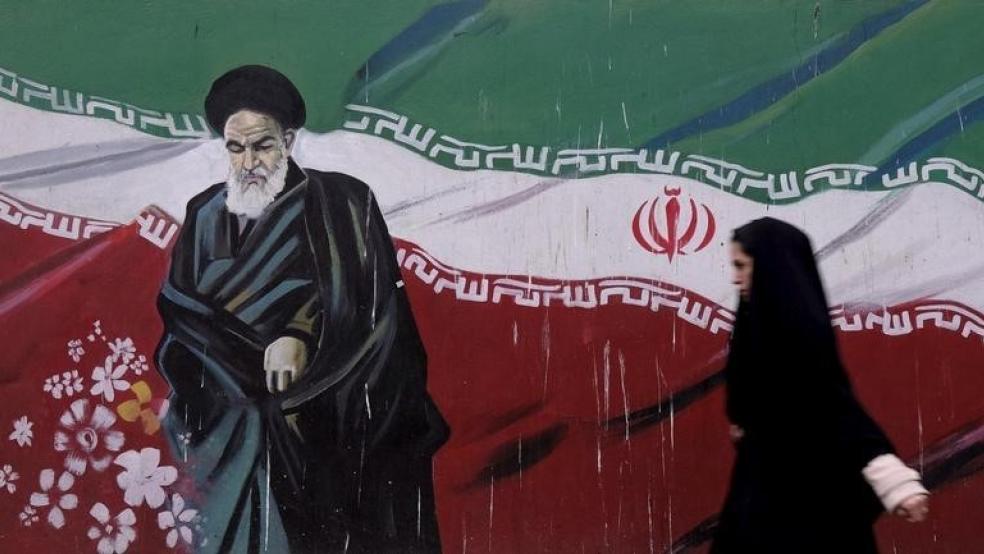The Obama administration’s efforts to manage the narrative about the nuclear agreement with Tehran keep boomeranging and are now on the verge of becoming a full-blown PR disaster that is reigniting the controversial deal as a campaign issue.
First came the furor after a New York Times Magazine profile of deputy national security adviser Ben Rhodes that called him “the single most influential voice shaping American foreign policy aside from Potus himself.” The story suggested that Rhodes and the administration, using sympathetic journalists and social media, had largely “manufactured” the tale of how the Iran deal came about. In addition, by promoting the notion that there was a split in the regime and that the administration was engaging with the moderates, the president was able to sidestep what would have been a “divisive but clarifying debate” about the deal, the story said.
Related: More Proof that Iran Nuke Deal Talks Started Well Before 2013
Then on June 1, the State Department admitted that it had doctored the video of a 2013 press briefing in which former spokeswoman Jen Psaki, now the White House communications director, seemed to suggest that the administration was misleading Americans about whether secret talks with Iran were underway. The admission came after weeks of denials in which the State Department claimed that the deletion of Psaki’s statement (“There are times where diplomacy needs privacy in order to progress. This is a good example of that.”) was a technical glitch.
In an op-ed, House Speaker Paul Ryan wrote: “Everything the administration told us about the deal is starting to unravel. The administration assured us that it could reimpose—or “snap back” –sanctions if Iran cheated. That seems more improbable now that other countries and even American companies are racing back into the Iranian marketplace.”
On Thursday, Ryan called for a further investigation into the missing minutes of the press briefing.
Related: Iran Has a Surprising Favorite in the U.S. Presidential Race
The administration’s Iran narrative took an additional hit on Thursday with the release of the State Department’s annual Country Reports on Terrorism for 2015. Iran again took the top spot among state sponsors of terrorism, calling into question whether the nuclear negotiations or outreach to the so-called moderates have resulted in any change of behavior.
Curiously, the report cited as evidence of Iran’s terrorist activities its own direct attacks on ISIS and its support of groups seeking to destroy the Islamic State. “In Iraq, Iranian combat forces employed rockets, artillery, and drones against ISIL. Iran also increased its arming and funding of Iraqi Shia terrorist groups in an effort to reverse ISIL gains in Iraq,” the report said.
Despite the blunders and doubts, the selling of the Iran deal continues. In a foreign policy speech on Thursday in San Diego, former Secretary of State Hillary Clinton said: “We brought Iran to the table. We began talks. And eventually, we reached an agreement that should block every path for Iran to get a nuclear weapon.” On the same day, presumptive Republican presidential nominee Donald Trump said that the reason Clinton supports the Iran deal and President Obama’s agenda is because she doesn’t want to go to jail. And it won’t end there.
The bungled managing of the Iran narrative seems to have made the nuclear deal only more of a hot-button issue.





